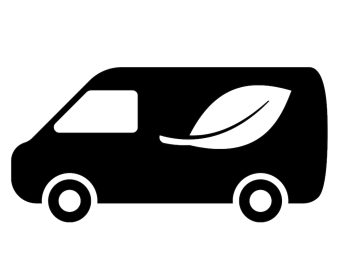Van fleets are likely to be the biggest winners from the Government’s clarification that hybrids should stay on sale in some form until 2035, says FleetCheck.

Ministers confirmed earlier this week that the upcoming consultation on the reinstated 2030 ICE phase-out will seek views on hybrid cars after concerns they would be banned from sale by the end of the decade. While the announcements to date only specify cars, concerns have been mounting that vans could be implicated too.
Peter Golding, managing director at FleetCheck, said it’s a fair assumption that similar rules on hybrids would apply to vans.
“It’s no secret that van fleets have been finding the process of electrification much more tough than their car counterparts. Battery electric vans bring payload, range and charging compromises that present massive operational obstacles for some.
“Against that backdrop, hybrid vans are a sensible stepping stone that will provide an extra five years to resolve those issues. It is genuinely good news. Few people in fleet could envisage how van fleets were going to switch to a battery electric only model by the end of the decade, and the new government announcement provides some breathing space.”
Golding warned that the current zero emission vehicle mandate, which means the majority of vans on sale by 2030 will be electric only, still posed challenges.
But he added: “What operators will have now though, is more time to use hybrids where they are needed. In the simplest terms, electric vans are likely to be adopted for applications where their compromises are less of an issue, and hybrids where greater range and payload are needed, or there is a shortage of charging facilities.”
Golding also said the extra time now available should be used to look at ways in which the limitations of electric van technology could be removed.
“There are number of ways this could happen. Improved battery technology is probably the most likely but it is also possible that, especially for larger vans, there is the time to develop a fuelling network in order to make widespread adoption of hydrogen vans viable.”

